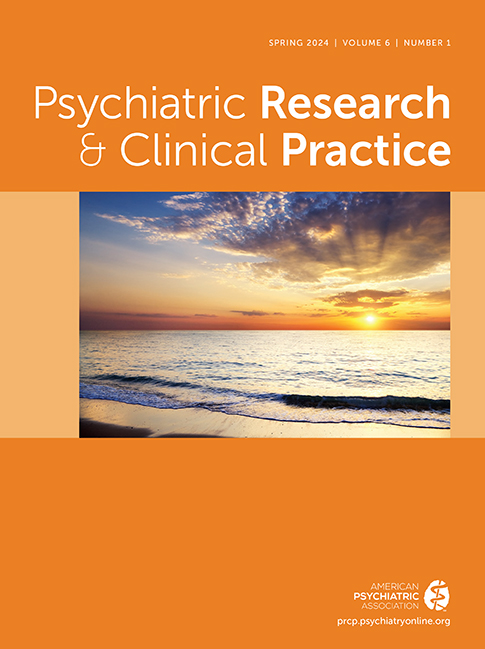Improving the Management of Maternal Mental Health with Digital Health Care
Abstract
Objectives
Digital health solutions have the potential to improve maternal mental health care. The objective of this study is to determine if utilization of a digital health platform, Maven, is associated with improved management of mental health among peripartum people with a history of mental health disorders and determine which components of utilization associate with maternal mental health outcomes.
Methods
Participants in this retrospective cohort analysis (n = 1561) accessed Maven as an employer‐sponsored health benefit and enrolled during their pregnancy and delivered from January 2020 through September 2022. Participants completed health surveys at enrollment, including history of a mood disorder, and post‐delivery. Maven includes online articles, asynchronous and synchronous virtual classes, app‐based mental health screenings, access to allied health professional and maternity care providers via messaging and telehealth appointments. Quantile g–computation was used to estimate the effects of multi‐utilization exposures on reports of postpartum depression (PPD) and management of mental health.
Results
Multi‐utilization exposure mixture models demonstrated that increasing use of digital resources by one quartile is associated with an increased odds of reporting that Maven helped users manage their mental health (aOR: 12.58 [95% CI: 6.74, 23.48]) and was not associated with self‐reported incidence of PPD (aOR: 1.30 [95% CI: 0.52, 3.27]). Care advocate appointments, provider messages, and article reads were positively associated with improved mental health management.
Conclusions
Digital health platforms, such as Maven, may play an important role in managing maternal mental health conditions among pregnant and postpartum people at high risk for PPD.



